Victor Grossman
ROSA AND KARL AND BERLIN TROUBLES
Berlin Bulletin No. 125
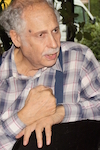
Victor Grossman
Rosa and Karl: Like every mid-January Sunday in Berlin, their names are recalled by those with a social conscience. Once again thousands laid red carnations, brightening the snowy surroundings, at the monument honoring them and those named nearby who lived and died for a good cause. Karl Liebknecht was a fighter, the one Social Democratic delegate in 1914 to defy a party decision and vote against the World War, and to keep opposing it until he was jailed. Rosa Luxemburg, with him in opposition, and also jailed, wrote bitterly, “The dividends rise and the proletarians fall.”
In the bloody days of the November Revolution at war’s end they fought for a socialist Germany, helped found a Communist Party and, two weeks later, 98 years ago, were both brutally murdered by forerunners of the Nazis. Rosa is still especially loved; she was not only a truly revolutionary fighter against injustice, war and oppression, but could also dream. Even in prison she described the sky, songbirds, even the ants and beetles she could observe, and wrote: “I feel at home in the entire world, wherever there are clouds and birds and human tears.”
The “old faithful” and many young people, too, walk several blocks from the subway to the site. And, as every year, a militant mix of leftist parties, grouplets and national groups from all Germany and beyond, Czechs and Turks, Kurds and Basques, Austrians and Danes, prefers to first parade for several kilometers through East Berlin, with music, slogans, banners and flags (also a few of the forbidden Kurdish People’s Party, whose bearers were again nabbed by the police).
The day before, as ever, the newspaper junge Welt organized a leftist conference. 2800 people, a record, heard reports on events in Brazil, the Basque country, Mexico, Turkey, Cuba and the USA, also a taped greeting from Mumia Abu-Jamal, the framed Black journalist in prison since 1981.
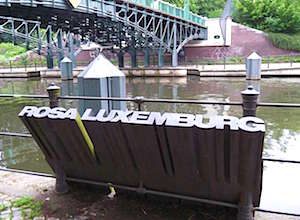
Rosa Luxemburg Memorial at the Landwehrkanal in Berlin
In the crowded rooms two themes could often be heard: Donald Trump and the position of the LINKE party. Not surprisingly, there was little affection for Trump; some were planning to demonstrate in Berlin against him. But some expressed fears at the unprecedented movement of US tanks and weapons through Germany and Poland to the Russian border.
Could war hawks be planning some provocation there and using it to oust Trump, not because of his racism or misogyny, but because he wants to negotiate peacefully with Putin? Was the hectic, more than dubious hacker campaign so planned that Trump could be labeled a pawn of Putin and potential traitor in the face of a new emergency? Heightening such fears were reports of a US Marine unit just arriving in Norway to “learn skiing” and “get used to polar conditions” near the Russian border and then join the big units gathering near St. Petersburg. What would the next days bring?
As for the LINKE, debate centered on its willingness, or refusal, to join the Greens and Social Democrats in a coalition government after the September elections. Would the LINKE join up, if the results permit, dropping its strict opposition to deploying troops outside German borders? Thus far it had voted solidly, often alone, against involvement in Afghanistan, Turkey, Syria and Mali. This was the basis of its claim to be the one party of peace. Social Democrats and Greens insist it cannot be so stubborn on this if it wants to join in and some LINKE say, “OK, let’s agree on some exceptions”. Others recall the proverbial camel’s nose in the tent, soon followed by legs, hump and all!
But those elections are nine months away, and one difficult baby has already been born in this connection. In Berlin just such a three-party coalition is now in charge, its joint program supported per referendum by almost 90 percent of all LINKE members in Berlin. The new LINKE cabinet minister in charge of city planning, herself an engineer, courageously chose as deputy Andrej Holm, an expert, and known as a militant fighter against gentrification and for the rights of low-income tenants, for keeping rent rates down and building more homes for those who need them most.
Then it was found that Holm, after high school, had followed the bidding of his father (the son of an anti-Nazi concentration camp prisoner) and his feelings for the GDR and, in September 1989 signed up for a uniformed sector of the State Security Ministry or Stasi. Four months later came the end of the Stasi, and soon after the GDR. But not the animosity of its foes, not in 27 years. The masters in digging dirt found that when Holm applied for a university position in 2005 he had admitted to joining the Stasi but not that he had received pay for three or four months. Had he forgotten after 15 years? Was he trying to save his livelihood and career against the lasting taboos? For his foes that was unimportant. The city, they insisted, could not have such an untrustworthy man in office!
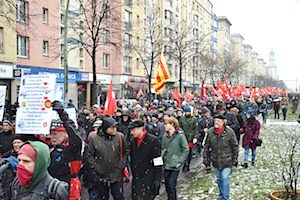
Luxemburg-Liebknecht Memorial memorandum 2017, photo: Uwe Hinksch
All this landed in the middle of the Liebknecht-Luxemburg Conference. Then came the news that Mayor Michael Müller, a Social Democrat, without waiting for a university report, as agreed, had decided to fire Holm. One speaker recalled bitterly how Hans Globke, one of those most responsible for preparing the Holocaust, remained a deputy minister and “second most important man in West Germany” until 1963. And so many others had cleansed or concealed a Nazi past! The conference ended with a unanimous call on the LINKE to answer this move by quitting the city government coalition. Yet it was clear to most that this would not happen. The real estate sharks won out, and a day later Holm decided to quit before he was fired. But he vowed to stay militant!
This was no pleasant start for the Berlin coalition, and may even have relevancy for the national election campaign. It was good, therefore, that Sunday ended with a wonderful meeting in a big theater, with all top leaders of the LINKE party in a friendly row of brief speeches, also the LINKE candidate for German president, speakers from other countries and good music, German and Turkish, all under the slogan “Labor Unions strengthen Humanism (Anti-Communism destroys it).”
In conclusion Sahra Wagenknecht, the party’s most prominent leader, made a powerful, fighting speech. She denounced the forces in Germany and elsewhere who are responsible for wars, death, destruction and poverty, with resulting waves of refugees. She accused German rulers of bribing some groups of workers into acquiescence while pushing others into ever worsening part-time, temporary, unprotected jobs, divided in each plant to prevent unity, and thus lowering wages. The cheaper-built products helped force countries in southern Europe into “austerity” measures and those in Africa or Asia into extreme poverty, with half their young people facing joblessness and hopeless futures. Only if the LINKE hits at these problems, offering German working people a true alternative to establishment politics, can right-wing extremists be beaten back. It was a wonderful speech, the crowd was galvanized into new determination to fight back and to fight forward. This meeting, like all the weekend’s events, was truly in the spirit of Rosa and Karl!
More by Victor Grossman: Berlin Bulletin No. 125, No. 123, No. 122, No. 121 (deutsch), No. 121, No. 120, No. 119, No. 118, No. 117, No. 116, No. 115, No. 114, No. 113, No. 112, No. 111, No. 110, No. 109, No. 108, No. 107, No. 106, No. 105, No. 104, No. 103, No. 102, No. 101.
.



















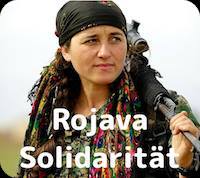

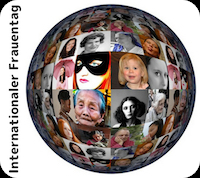
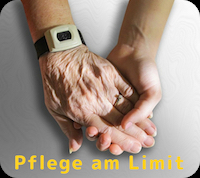


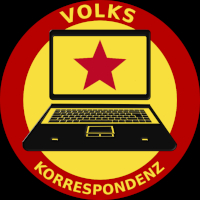

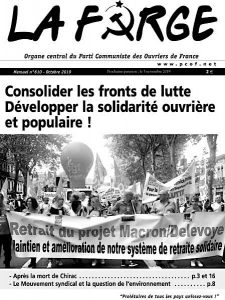



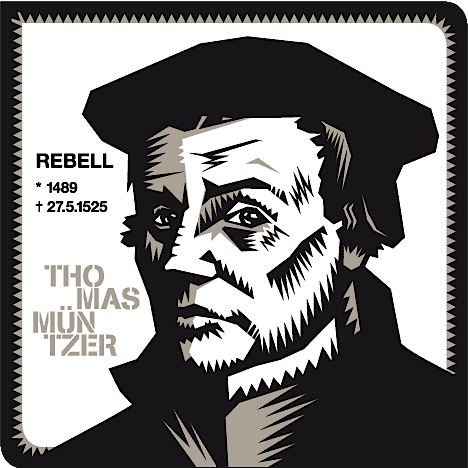
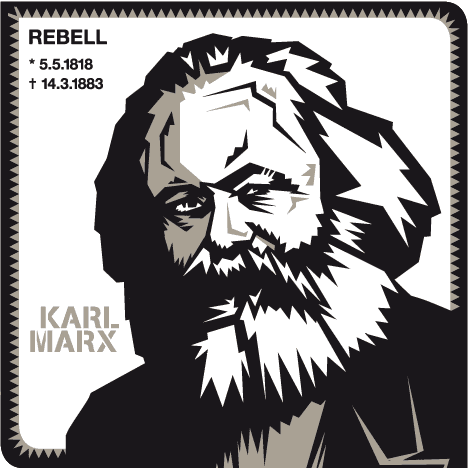
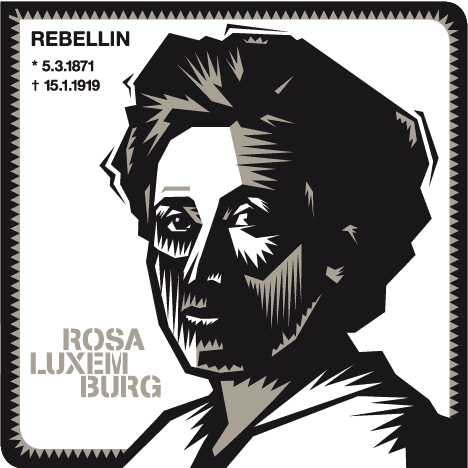
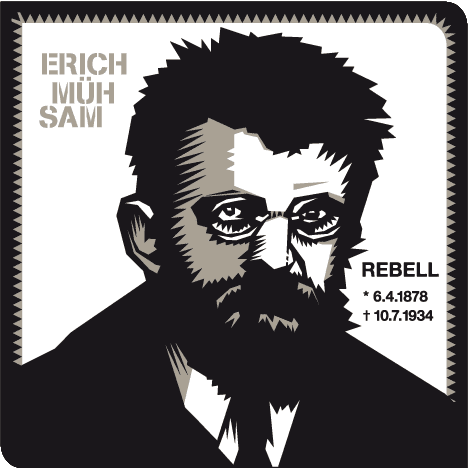
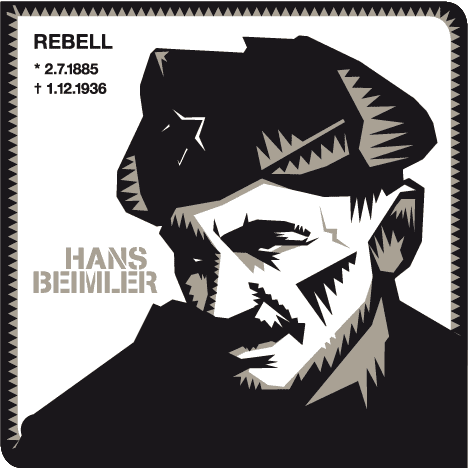
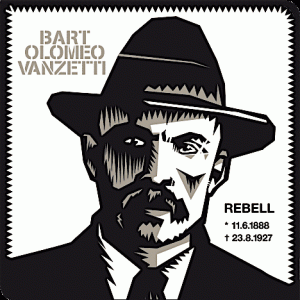
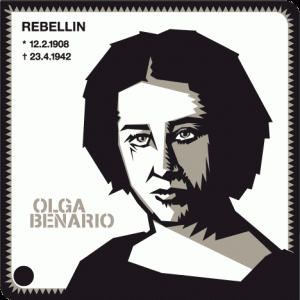
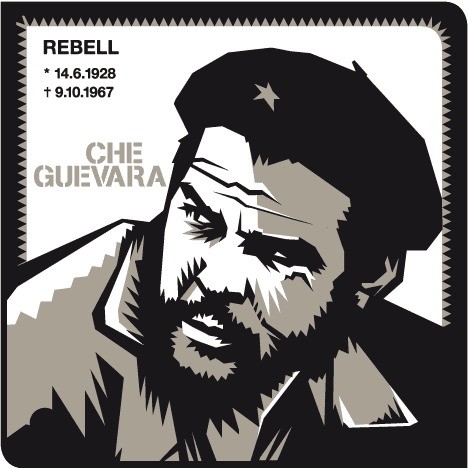

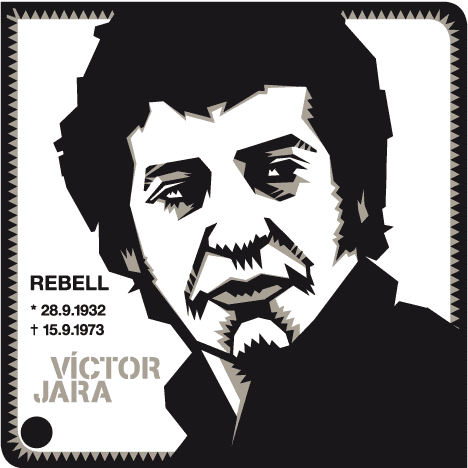
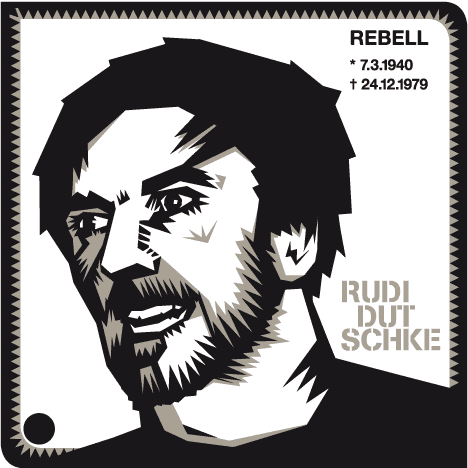
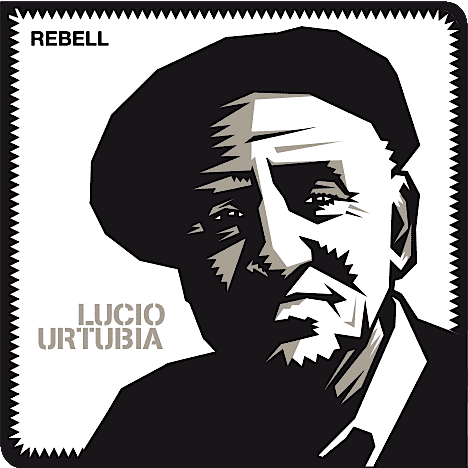

Diskussion ¬